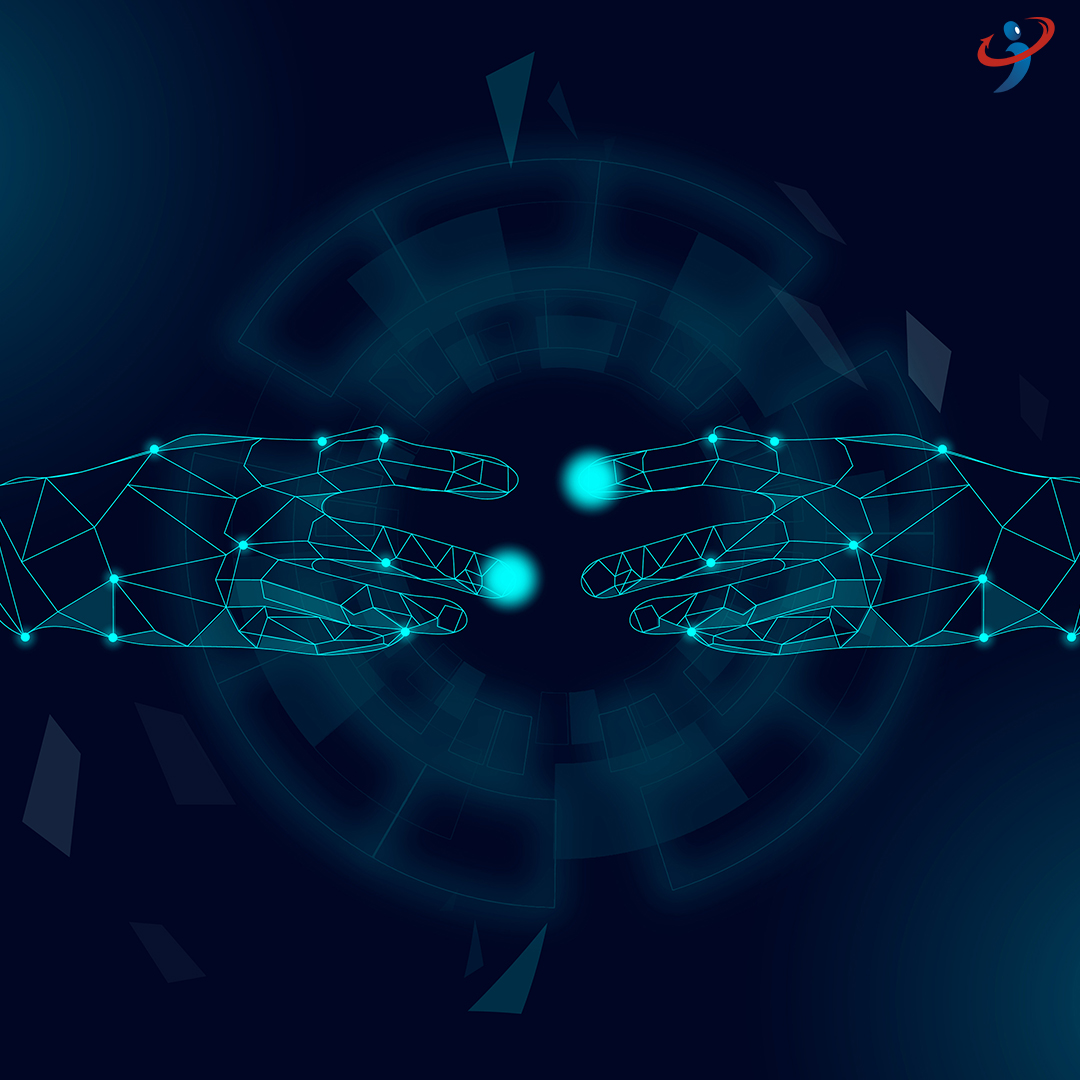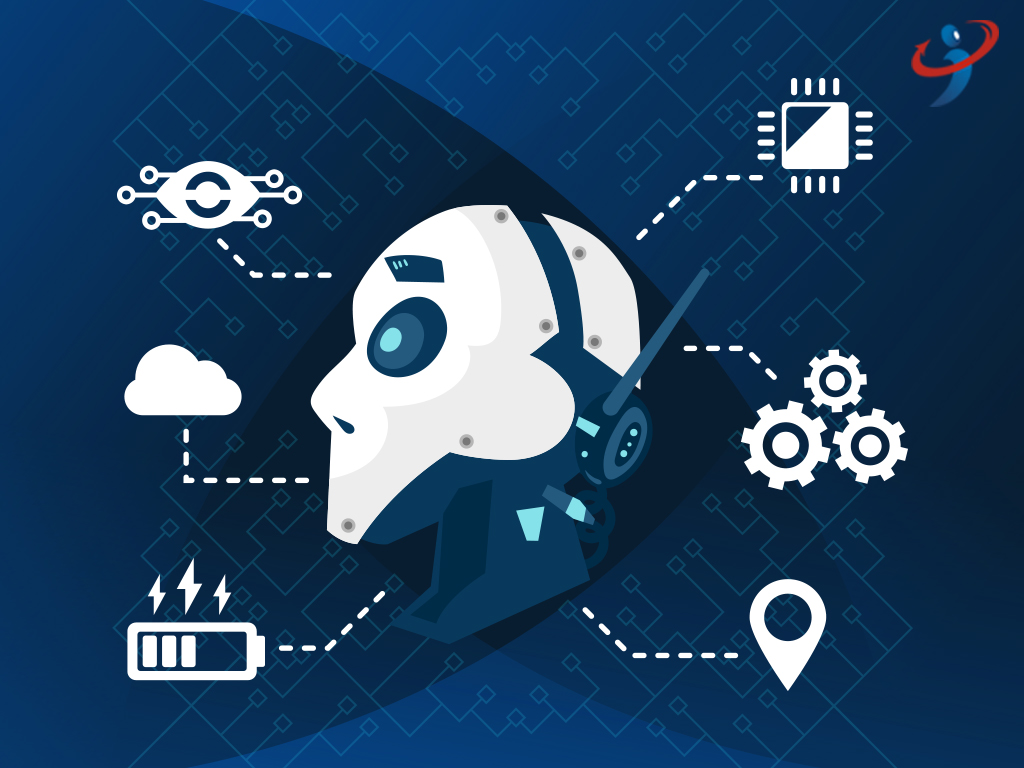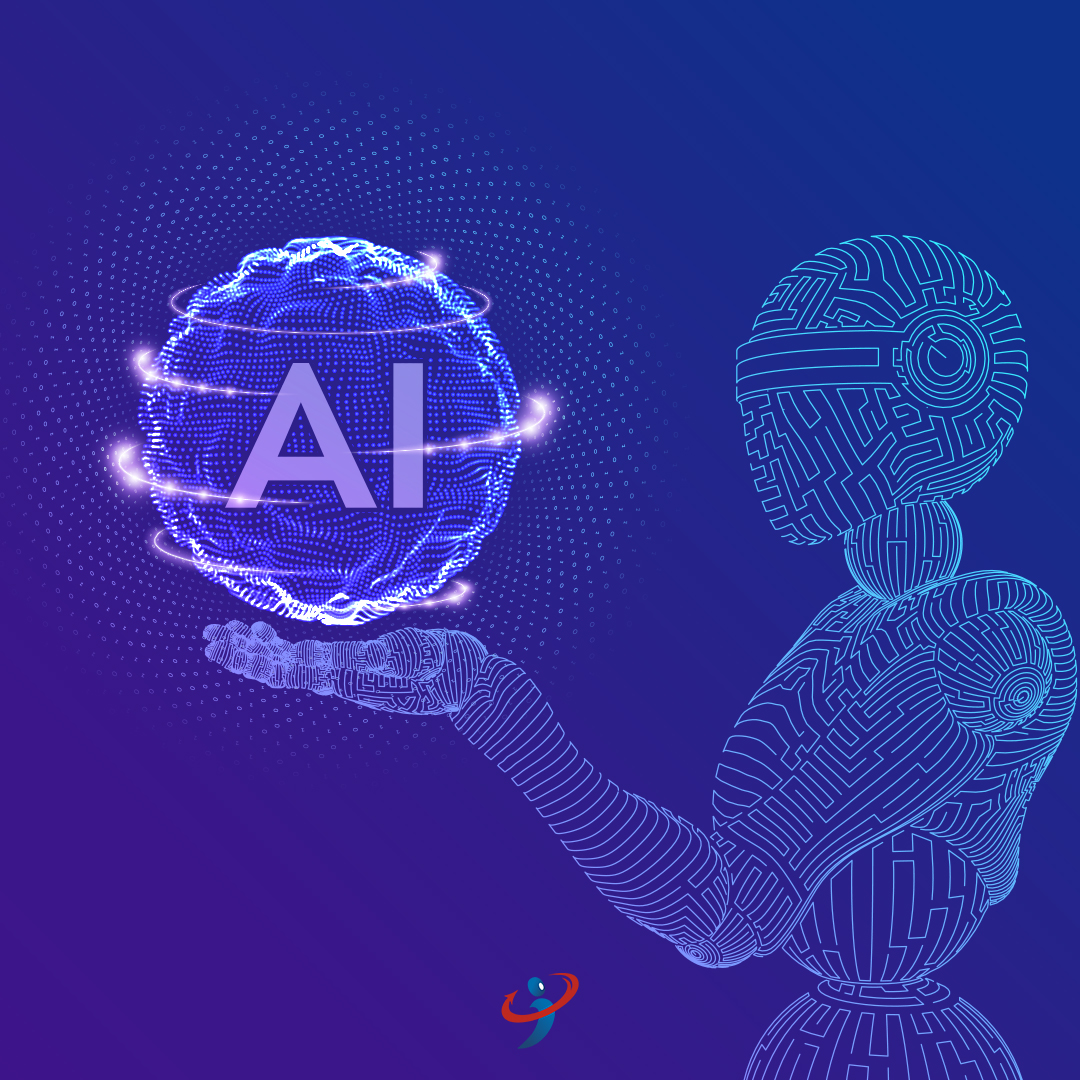Impressico AI/LLM labs hold tremendous potential to revolutionize multiple industries.
Impressico AI/LLM labs can help you develop your own applications to use as your own in-house IP to continuously improve your productivity by several percentage points over a period of 12 to 24 months .
The potential combination of Impressico AI/LLM labs along with Generative AI can provide very large benefits to industries such as Legal, healthcare and finance .
In the legal industry Generative AI can be used for Legal Document Analytics utilizes advanced algorithms to extract, classify, and interpret information from legal texts such as court cases, contracts, statutes, and legal opinions. The goal is to automate and enhance the traditionally manual processes of legal research, document review, and case management.





























